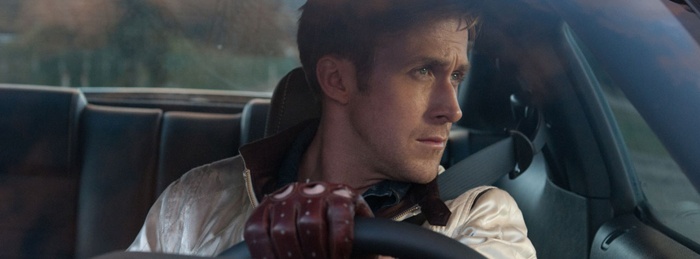Review: Drive
About half-way through Drive, Bernie Rose, the mid-level LA mobster character played by Albert Brooks, is talking about his past as a producer of action movies in the ‘80s. “Some people described them as…‘European’…” he says. Both times I’ve seen Drive, this line elicited a mild murmur of recognition from the audience, as he is […]

About half-way through Drive, Bernie Rose, the mid-level LA mobster character played by Albert Brooks, is talking about his past as a producer of action movies in the ‘80s. “Some people described them as…‘European’…” he says. Both times I’ve seen Drive, this line elicited a mild murmur of recognition from the audience, as he is essentially describing the movie he is in.
On paper, Drive sounds pretty generic and at one point was destined to be a stock-standard action movie with Hugh Jackman in the lead role. Thankfully, Ryan Gosling and crazy Danish director Nicolas Winding Refn (Bronson; Valhalla Rising) came on board and created a modern masterpiece of stylistic austerity and unfettered cool.
A neon and synth-laden ‘80s fever dream, Drive manages to hold back where similar films go over the top. The opening car chase is excruciatingly slow, creating a sustained air of uneasy tension that finds release in brief flashes of extreme violence.
Gosling commands the screen with the effortless cool of Newman or McQueen – he has very few lines, but his actions speak volumes. Refn infuses even the most minor characters with complex identities, with Brooks and Ron Pearlman both delivering scorching supporting performances. Only Carey Mulligan (An Education), as the love interest, seems a little bit out of place.
A firecracker up the backside of the bloated modern action movie, Drive shows just how emotive and poetic the genre can be.




















